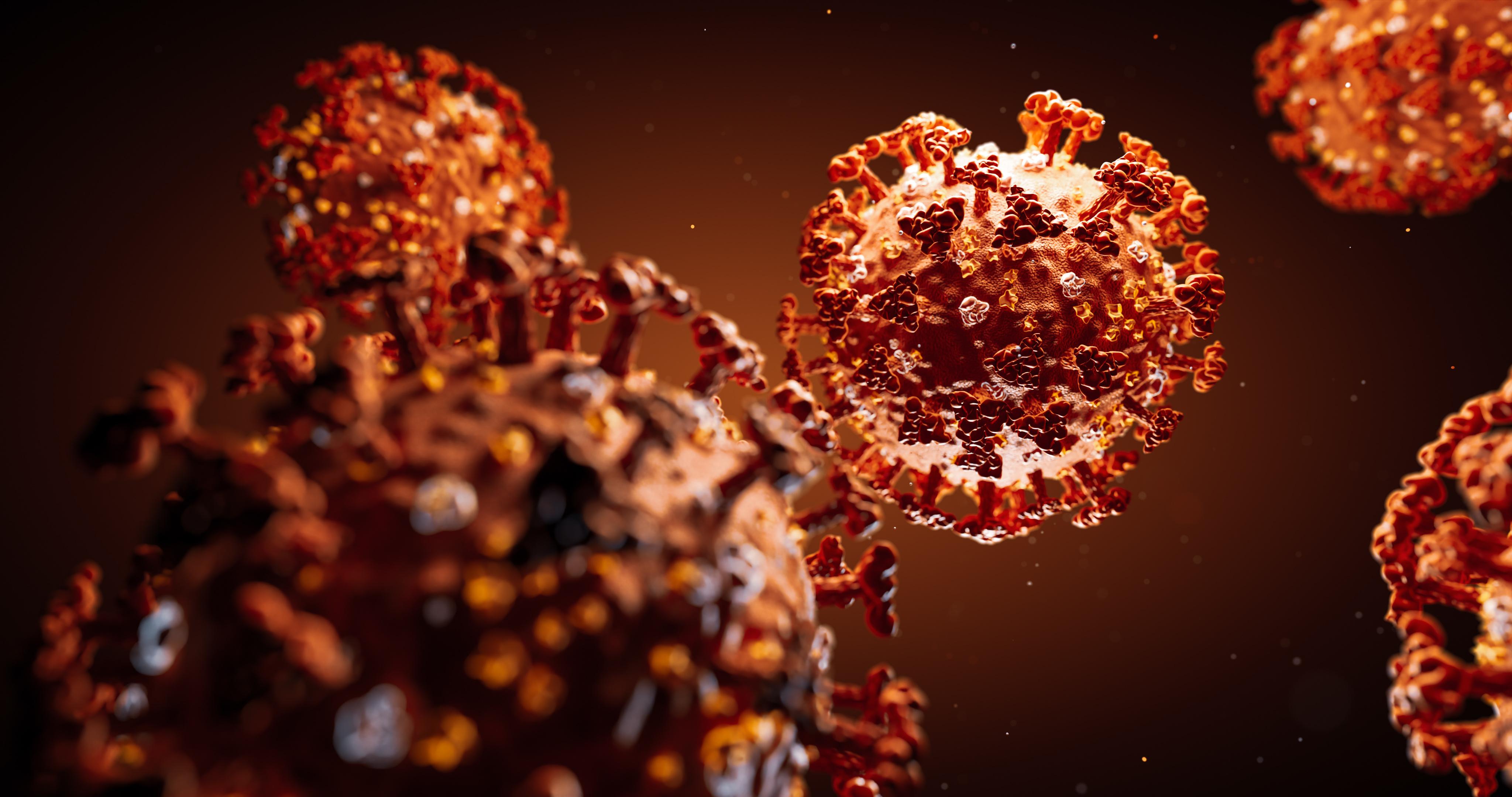German Study Details Long-Term Impact of COVID-19 Infection on Organ Function
A comparison of data from patients with mild to moderate COVID-19 provides insight into the long-term effects on cardiac, renal, pulmonary, and thrombotic function status.

A new study from Europe underlines the potential long-term implications of COVID-19 infection among patients with a mild to moderate form of the disease not requiring hospitalization.
Results of the study, which assessed data from 443 COVID-19 positive patients Hamburg City Health Study COVID program who underwent multiple organ assessments 9.5 months after infection, suggest those who recovered from mild to moderate SARS-CoV-2 infection exhibited signs of subclinical multi-organ affection related to cardiac, pulmonary, thrombotic, and renal function.
“In more than 1700 individuals, we extensively phenotyped multi-organ-specific structure and function and explored neurocognitive and patient-reported outcomes to comprehensively assess the intermediate to long-term effects of mild and moderate COVID-19 disease. We consistently observed organ-specific subclinical involvement,” wrote investigators.
As COVID-19 has become a fixture in the landscape of medicine for 2 years now, more and more research has pivoted to examining potential long-term sequelae of contracting the disease. With reports of organ dysfunction arising throughout the pandemic, a team of investigators from Germany sought to assess prevalence of organ-specific dysfunction through deep phentoyping among individuals who had recovered from mild to moderate SARS-CoV-2 infection.
To do so, investigators designed the current study as an analysis of patient data from individuals in Hamburg, Germany with laboratory-confirmed PCR test for SARS-CoV-2 between March 1-31, 2020. These 443 patients were then matched based on age, sex, and education with 1328 participants of the Hamburg City Health Study. Outcomes of interest for the analysis were differences in pulmonary, cardiac, vascular, renal, and neurological status, as well as patient-related outcomes.
Among those included in the COVID-19 cohort, 92.8% were managed as outpatients and the remaining 7.2% who were hospitalized did not require intensive care support. Of those not requiring hospitalizations, 31.2% reported moderate symptoms, 58.4% reported mild symptoms, and 3.2% reported none. Enrollment of these patients occurred a median of 9.6 months after the first positive PCR test.
Upon analysis, body plethysmography data demonstrated those with a history of SARS-CoV-2 infection had mildly lower total lung volume (regression coefficient −3.24, adjusted P=.014) and higher specific airway resistance (regression coefficient 8.11, adjusted P=.001). Cardiac assessments indicated those with a history of SARS-CoV-2 had slightly lower measures of left (regression coefficient for LVEF on transthoracic echocardiography −0.93, adjusted P=0.015) and right ventricular function and higher concentrations of cardiac biomarkers (factor 1.14 for high-sensitivity troponin, 1.41 for NT-proBNP, adjusted P ≤.01), but there were no significant differences observed in cMRI findings.
Results also suggested sonographically non-compressible femoral veins were substantially more frequent (odds ratio, 2.68; adjusted P <.001) and glomerular filtration rate (regression coefficient −2.35, adjusted P=.019) was lower among those with a history of SARS-CoV-2 infection. Further analysis suggested the mean cortical thickness was greater among patients with a history of SARS-CoV-2 infection, but relative brain volume, prevalence of cerebral microbleeds, and infarct residuals were similar between the cohorts. Additionally, cognitive function was not impaired and patient-related outcomes did not differ among the cohorts.
“In the HCHS COVID project, we demonstrate that patients who apparently recovered from mild to moderate COVID-19 suffer from modest subclinical multi-organ affection related to thrombotic, pulmonary, cardiac, and renal function without signs of structural brain damage, obvious impairment in cognitive function, or quality of life. Whereas the impact on very long-term outcome remains unclear, a standardized clinical exam of these conditions after recovery is recommended,” added investigators.
This study, “Multi-organ assessment in mainly nonhospitalized individuals after SARS-CoV-2 infection: The Hamburg City Health Study COVID programme,” was published in the European Heart Journal.